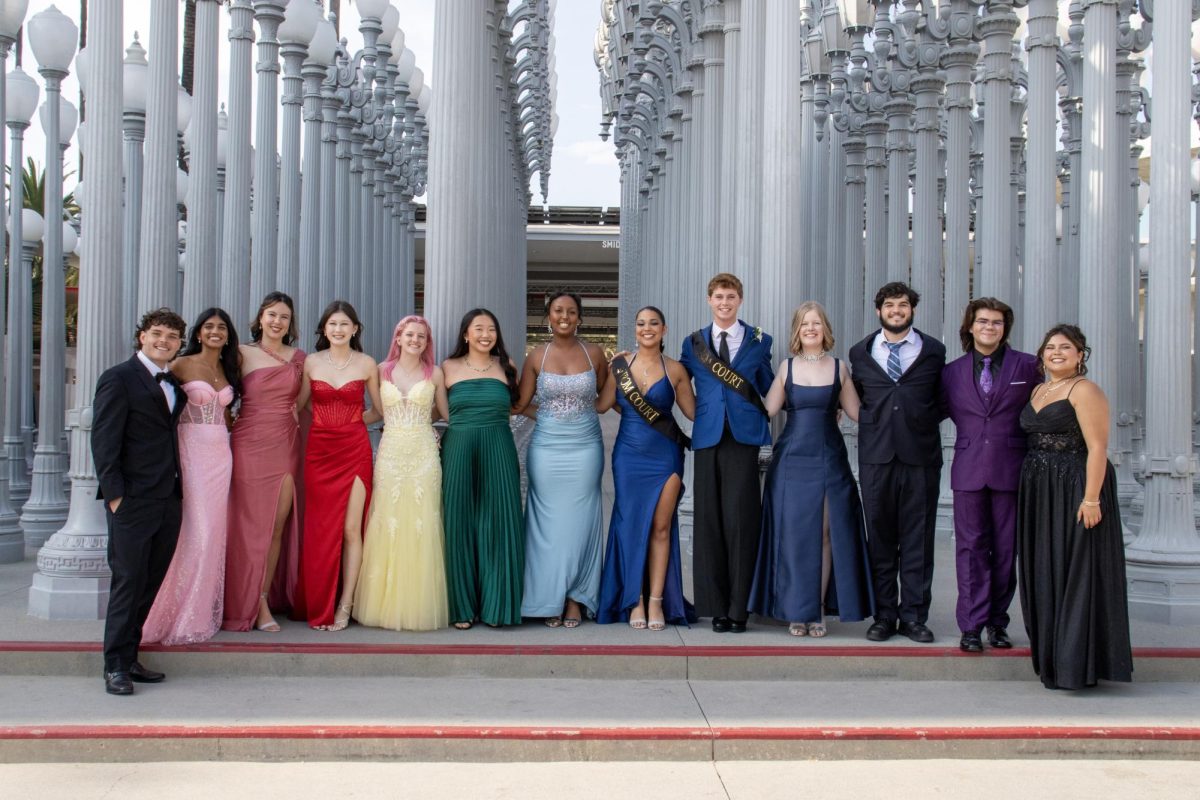The Press and the Truth
November 8, 2019
In 1971, The New York Times published a classified set of government documents known as the Pentagon Papers. Within 7,000 pages of illegally obtained documents was information that had been wrongly hidden from the public for many years. Publishing the papers meant telling the truth; it meant exposing the government for its lies. Publishing also meant taking on the risk of going to prison. But The Times still published the Pentagon Papers. They risked a lot of things: their careers, their reputations, their freedoms.
The case of the Pentagon Papers ended in victory for The Times; in a landmark case, the Supreme Court ruled in favor of the newspaper, allowing journalists to exist and publish freely. Since then, the story of the Pentagon Papers has become one of the best examples in the history of the importance of the press.
But since then, the press has become more than just traditional print newspapers. Now, most of our news comes from the Internet, and along with the advent of the Internet comes fake news. It happens because of a variety of reasons, whether intentionally misleading or just negligent, whether in the form of Russian propaganda or a poorly-researched article. No matter the reason or the channel, the Internet has become a breeding ground for fake news and misinformation. In stark contrast to The Times and their publication of the Pentagon Papers, today’s journalistic environment doesn’t value truth above all else. The truth has become buried in politically biased reporting and a constant barrage of low quality journalism. These days, the truth is not so simple and the press is not so reliable.
The press is often referred to as the Fourth Estate; in addition to the three branches of government, the press is considered crucial to democracy. The First Amendment reflects this importance: it gives the people the freedom of speech and the freedom of the press. Truth is at the heart of democracy. It is what a good and just society is built upon. The people must be able to trust that the press is truthful.
In a Gallup poll this year, only 41% of Americans expressed trust in the press. It’s no surprise; in an age of rampant fake news and political polarization, it becomes harder and harder to trust the media. It’s a complicated issue, too; attempting to control the publication of fake news borders on infringing on the freedom of speech. But part of fighting polarization, has to do with restoring the public’s trust in the press.
As the writers of The Times decided, truth was more important than their own livelihoods. We have to fight for truth. It isn’t something that happens by itself. But the fight for truth is worth it; it’s worth it every time, because truth is what builds freedom and justice.




